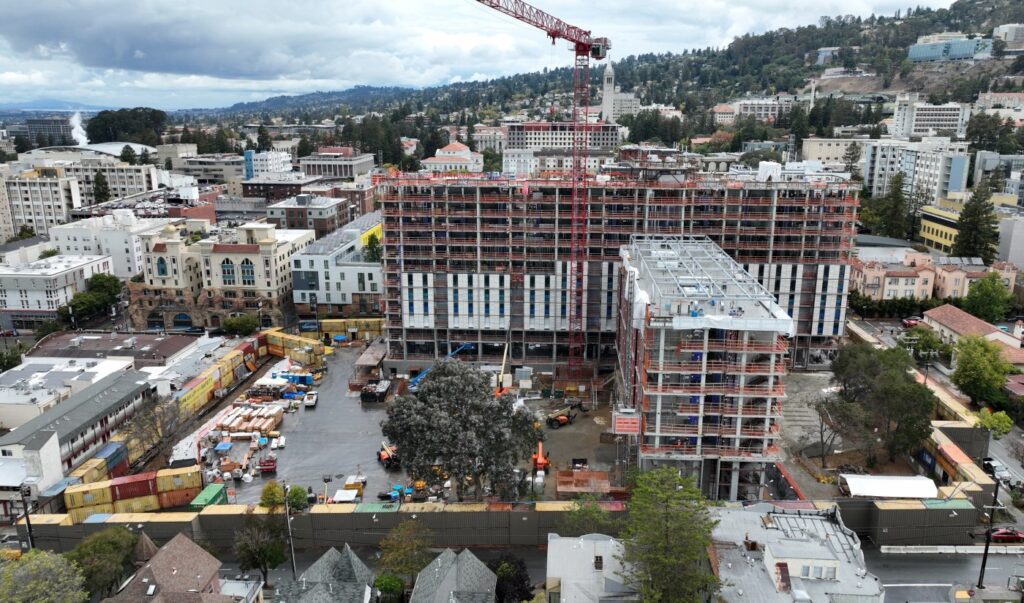
BREAKING: A major push is underway in California to radically transform the state’s iconic environmental law, the California Environmental Quality Act (CEQA). The California Chamber of Commerce has just filed paperwork to place a pivotal measure on the November 2024 ballot, aiming to streamline environmental reviews and alleviate California’s mounting housing crisis.
This proposed measure, dubbed the “Building an Affordable California Act,” seeks to gather 546,000 valid signatures by next spring to qualify for the ballot. If successful, it would impose a strict 365-day limit on environmental reviews for a wide array of projects, from new housing developments to renewable energy facilities across the state.
Why This Matters NOW: California is grappling with an acute housing shortage and soaring costs. This measure could potentially expedite the construction of essential infrastructure, including new reservoirs, solar farms, and public transit. Proponents argue it will ease red tape and facilitate economic growth, while critics warn it could undermine environmental protections.
Jennifer Barrera, president and CEO of the California Chamber of Commerce, stated, “For decades, oversight has too often been co-opted by obstruction, threatening the common good.” She emphasized that modernizing CEQA would not only address affordability issues but also challenge negative perceptions about California’s regulatory framework.
The measure is expected to ignite a fierce political battle involving business groups, labor unions, environmentalists, and potentially Governor Gavin Newsom, who has yet to publicly declare his stance. As the political landscape shifts, significant funding and resources will likely be mobilized by all sides.
Environmental advocates are already voicing strong opposition. Frances Tinney, an attorney with the Center for Biological Diversity, criticized the proposal, stating, “This is an extreme and radical proposal. It’s disappointing.” Tinney highlighted concerns that the measure could facilitate harmful projects by decreasing accountability for developers.
Historically, CEQA has served as a cornerstone for environmental protection in California since its enactment in 1970 under former Governor Ronald Reagan. The law mandates that state and local agencies conduct thorough environmental impact studies for significant projects, ensuring public engagement in development decisions.
However, critics argue that the law has been increasingly misused, with opponents leveraging CEQA lawsuits to delay or obstruct projects for non-environmental reasons, exacerbating California’s housing and infrastructure challenges. Past instances include lawsuits that stalled the construction of necessary housing and public facilities.
Newsom has previously acknowledged the law’s role in contributing to housing shortages. He recently signed legislation aimed at streamlining CEQA processes for specific types of housing and infrastructure projects, but this new measure could represent the most significant overhaul of CEQA in over 50 years.
Amy Hoyt, a CEQA expert from Riverside County, noted that the proposed changes could lead to faster approvals for vital housing projects but could also burden the court system and local governments with tight deadlines.
As the California Chamber of Commerce prepares to refine the measure’s language to address concerns—such as its applicability to controversial projects like the $20 billion Delta tunnel—political analysts anticipate that how the measure is framed for voters will be crucial for its success. Jack Pitney, a political science professor, remarked, “If people perceive it as an attack on environmental regulation, it will be a difficult battle.”
With the clock ticking towards the next election, all eyes are on California as this significant legislative proposal unfolds. As supporters gear up to gather signatures and opposing factions prepare to mobilize, the upcoming months promise to be a battleground for one of the state’s most contentious issues.
Stay tuned for updates on this developing story as California approaches another crucial election.






